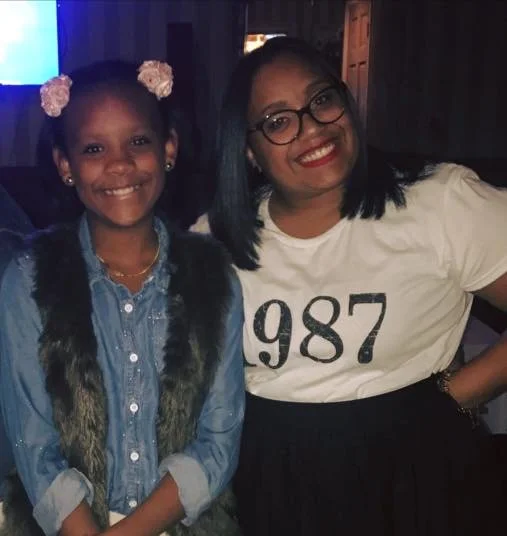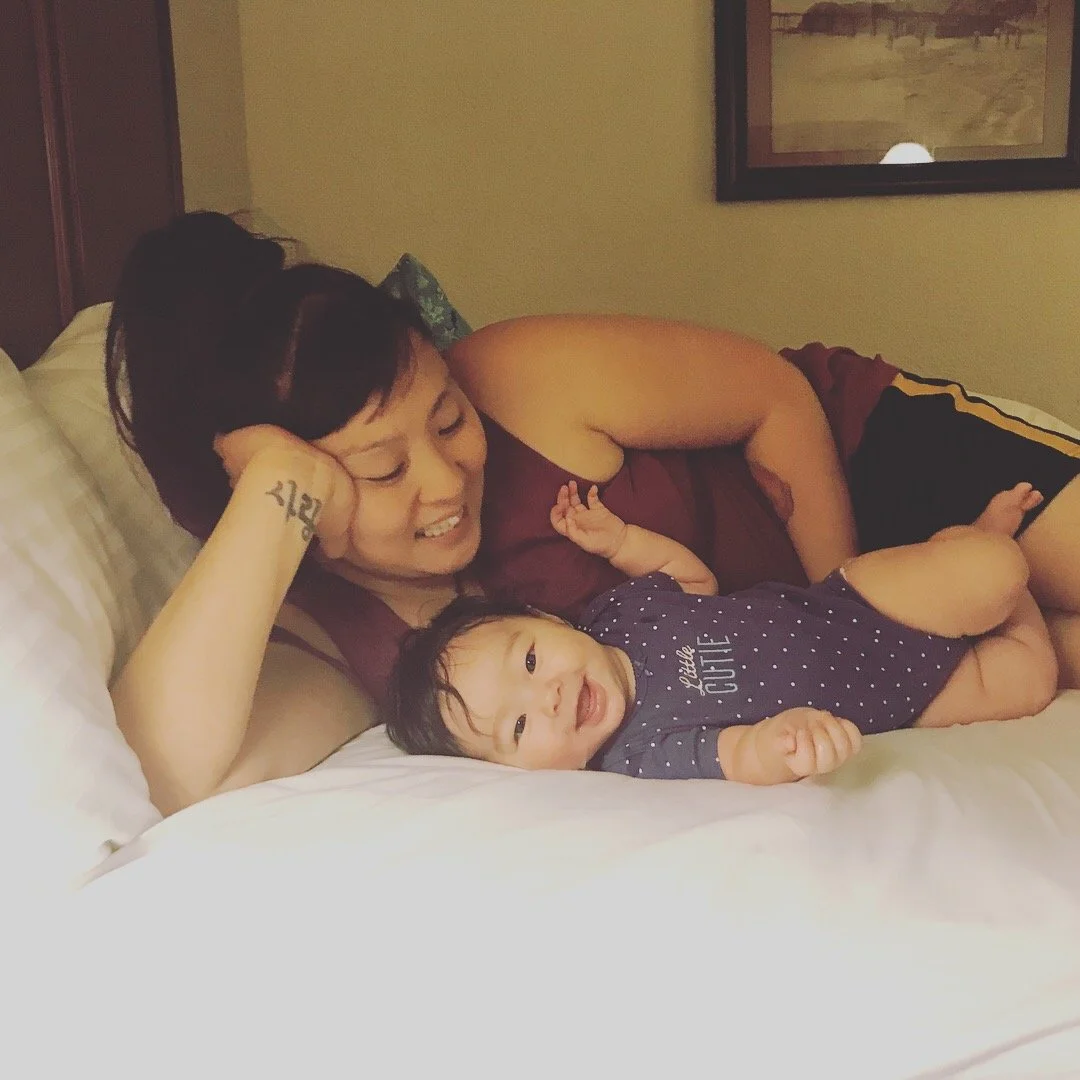When pregnant with her first child, there was a sense of loneliness. She and her husband lived in a space that wasn't close to family, and working in the city meant a long commute for them—a distraction from being able to be present during her pregnancy. Vienna expressed that it wasn't something she was truly prepared for when reflecting on her birth prep. She knew she wanted to have an unmedicated birth, but when her water broke, and she arrived at the hospital, 4cm dilated, she realized there was much more to the experience than she knew about.
She felt like her care providers weren't communicating well with her throughout her labor about the shifts happening and the interventions provided. As her son was having trouble descending during the pushing phase, her doctor proceeded with an episiotomy and vacuum support - an end to an experience that felt rushed to Vienna and left her confused.
Vienna would hold this memory close when she became pregnant with her second child. From her son's birth, she knew that she hadn't got the support she needed and couldn't trust her care providers to provide the education and advocacy she wanted or deserved. With revelation would be tough as, during her 30-week appointment, they discovered her daughter was measuring small, and close monitoring was needed. Vienna fell into a space of self-doubt and fear and didn't know who to lean to for support. Again wanting an unmedicated birth and knowing somewhat what to expect, she asked all the questions during her birth. And was very vocal about what her body needed. While her daughter came into this world weighing less than 6 pounds, Vienna felt that her voice had been louder and heard in this experience.
Her third birth was the culmination of everything she had taken from her first two births. Navigating changes brought on by the COVID-19 pandemic and the unexpectedness of being pregnant, Vienna hired a doula to help support her. With this birth and pregnancy, she was able to be much more in tune with her body and how this birth would look and feel. Each one of her births had been a deep lesson. Not only in how she wanted her births to be but ultimately how she wants to show us as a mother and for herself.
Read More


















